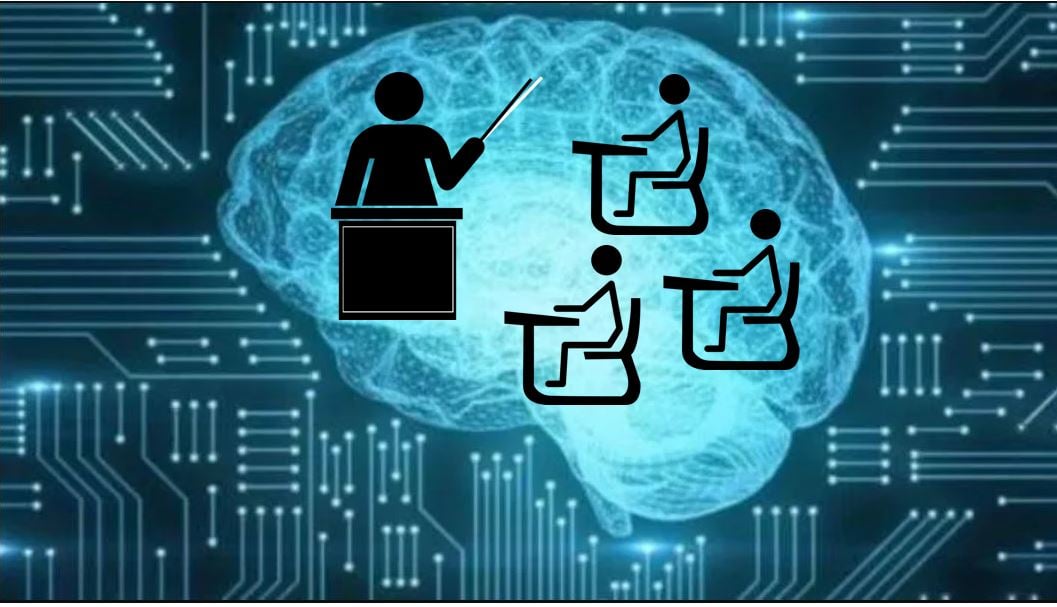
What is the potential of AIEd, i.e., AI tools in colleges and school? How can we maximize the benefits of AI and minimize the risks?
A NESTA report covered these issues and charted a path for the future that maximizes the pros and minimizes the cons.
Schools and colleges are currently using three types of AI tools:
- Learner-facing, such as adaptive learning platforms.
- Teacher-facing, such as advanced teacher dashboards or automated assessment tools.
- System-facing, for example, analysing data from across all schools to predict a performance score following an inspection.
The UK risks losing its competitive advantage in AI and education technology if it doesn’t get public support and funding.
AIEd has huge potential, but..
AIEd is underdeveloped, in spite of its enormous potential. The Report authors identified a mere £1m of AIEd public funding since 2014 in the UK. This is considerably less than what healthcare and other comparable sectors have received.
AIEd’s development and maturity is not advancing as it could be due to demand and supply-side market failures. Government intervention could address these shortcomings.
It is also necessary to improve the effectiveness and quality of AIEd. We need to generate better and more consistent evidence, and more impactful collaboration between academia, colleges, schools, and companies. We also need more coordination by government.
NESTA made the following statement in a press release:
“Although challenges for the ethical and responsible use of artificial intelligence and the sharing of data are common to many sectors, schools and colleges present a distinct combination of properties and considerations.”
“The sharing of data needs to be governed in a manner that realises benefit for the public, and AIEd must be used ethically and responsibly.”
Parents in two minds about AI tools in education
The benefits and potential risks of AI tools in education are reflected in parents’ views. Sixty-one percent of parents believe that, in the near future, AI will be fairly or very important in education.
However, 77% are concerned about determinism, 77% are uneasy about accountability, and 73% worry about privacy and security.
In the full report – Educ-AI-tion Rebooted? – the authors offer some recommendations.
Video – What is AI?
AI stands for artificial intelligence. AI involves using software to make machines think like us (humans). The software also makes them behave like us. For example, they develop the ability to learn by experience without human intervention, i.e., machine learning.
